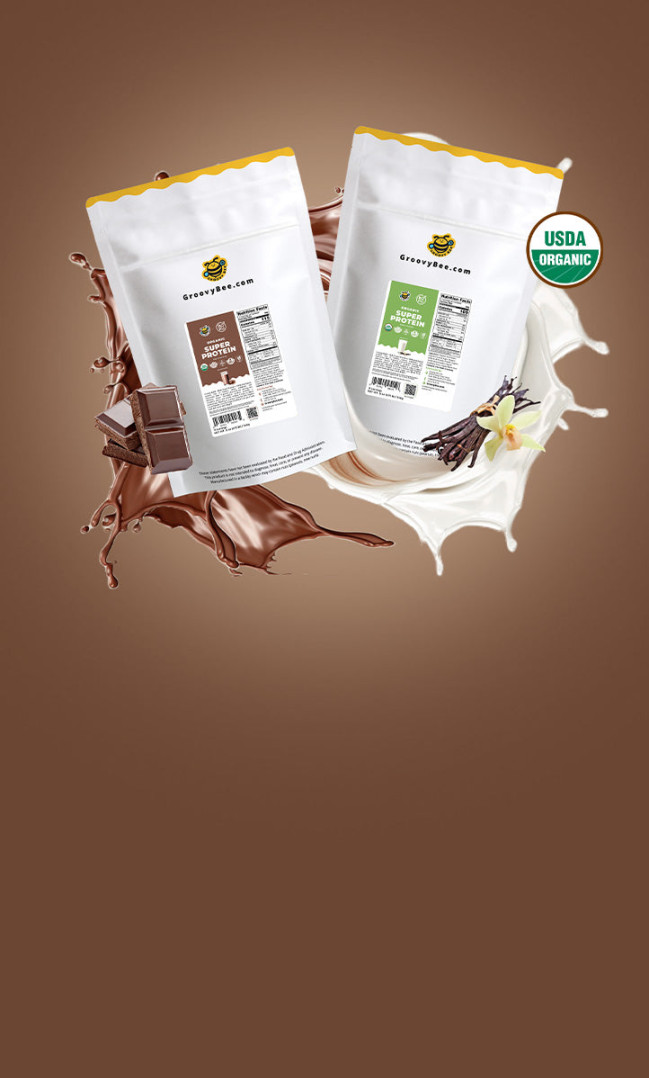Vitamin C, the scurvy-slaying superhero of the nutrient world, is a cornerstone of good health. But beneath its familiar facade lies a world of fascinating facts, historical tales, and modern-day myths. Let’s embark on a journey through the Wild West of Wellness to discover the extraordinary story of vitamin C.
A Scurvy Tale
The history of vitamin C is intertwined with the perilous voyages of early explorers. As sailors ventured into uncharted waters, their diets, rich in salted meats and preserved foods, lacked fresh fruits and vegetables. This deficiency led to a mysterious disease known as scurvy, characterized by bleeding gums, weakness, and ultimately, death.

In the 18th century, Captain James Cook, a British explorer, made a groundbreaking discovery. He observed that his sailors who consumed fresh citrus fruits remained healthy, while those who didn’t succumbed to scurvy. This observation led to the inclusion of citrus fruits in shipboard diets, effectively eradicating the disease.
The Vitamin C Rush
Fast forward to the 20th century, and vitamin C became a household name. Scientists isolated the nutrient in 1928, and it quickly gained popularity as a dietary supplement. The belief that vitamin C could prevent colds and boost immunity took the world by storm.
The popularity of vitamin C reached its peak in the 1970s when two-time Nobel Prize winner Linus Pauling championed its potential to prevent cancer and other diseases. While Pauling’s claims were later debated, vitamin C’s reputation as a powerful antioxidant remained intact.
More Than Just a Cold Fighter
Beyond its well-known role in preventing scurvy and boosting immunity, vitamin C plays a vital role in various bodily functions. It helps in the production of collagen, a protein essential for skin, bones, and connective tissues. Additionally, vitamin C acts as an antioxidant, neutralizing harmful free radicals that can contribute to chronic diseases.
The Wild West of Vitamin C Supplements
Today, the vitamin C market is a bustling Wild West, filled with a variety of supplements. From traditional tablets and capsules to chewable gummies and effervescent drinks, there’s a vitamin C product for every taste and preference. However, it’s important to navigate this landscape with caution.
While most people can get enough vitamin C from a balanced diet, some individuals may benefit from supplementation. However, excessive intake can lead to side effects such as diarrhea and kidney stones. It’s always best to consult with a healthcare professional before starting any new supplement regimen.
The Future of Vitamin C
As research continues to uncover the multifaceted benefits of vitamin C, its role in maintaining optimal health is likely to expand. From its potential to support heart health and brain function to its role in wound healing and cancer prevention, vitamin C remains a fascinating and essential nutrient.
So, the next time you reach for a glass of orange juice or a handful of strawberries, take a moment to appreciate the remarkable history and benefits of vitamin C. This humble nutrient, once feared for its absence, is now celebrated as a cornerstone of good health.
Introduction
In the Wild West of Wellness, where unconventional remedies and ancient wisdom collide, probiotics have emerged as a modern-day elixir. These beneficial bacteria, often found in fermented foods and supplements, are revolutionizing our understanding of gut health and overall well-being. In this article, we’ll delve into the fascinating world of probiotics, exploring their benefits, how they work, and how to incorporate them into your daily routine.
The Gut-Brain Connection
The human body is a complex ecosystem, and the gut plays a pivotal role in maintaining balance. The gastrointestinal tract is home to trillions of microorganisms, including bacteria, viruses, and fungi. These microorganisms, collectively known as the gut microbiota, influence various aspects of our health, from digestion to mood and even cognitive function.
Probiotics are live microorganisms that, when administered in adequate amounts, confer health benefits to the host. They work by replenishing the gut microbiota, helping to restore balance and improve digestive function. But the benefits of probiotics extend far beyond the gut. Emerging research suggests a strong connection between the gut and the brain, often referred to as the gut-brain axis.
The Role of Probiotics in Mental Health
Studies have shown that probiotics can positively impact mental health. For example, some research has linked probiotic supplementation to reduced symptoms of anxiety and depression. This may be due to the influence of the gut microbiota on neurotransmitter production, which plays a crucial role in mood regulation.
Additionally, probiotics may help to reduce inflammation in the body, which has been implicated in various mental health conditions. By promoting a healthy gut environment, probiotics can potentially contribute to improved overall mental well-being.
Boosting Immunity
A strong immune system is essential for protecting against diseases. The gut plays a vital role in immune function, and probiotics can help to bolster the immune response. By supporting a healthy gut microbiota, probiotics can help to regulate the production of immune cells and antibodies.
Research has shown that probiotic supplementation can be effective in reducing the duration and severity of infections, such as the common cold. Additionally, probiotics may be beneficial for individuals with autoimmune diseases, as they can help to modulate the immune system.
Improving Digestive Health
Probiotics are particularly effective in addressing digestive issues. They can help to alleviate symptoms of irritable bowel syndrome (IBS), including bloating, gas, and abdominal pain. Probiotics can also aid in the digestion of lactose, making them beneficial for individuals with lactose intolerance.
Furthermore, probiotics can help to prevent and treat diarrhea, including traveler’s diarrhea. By restoring the balance of the gut microbiota, probiotics can help to reduce the duration and severity of diarrhea.
Incorporating Probiotics into Your Diet
There are several ways to incorporate probiotics into your diet. Fermented foods, such as yogurt, kefir, sauerkraut, and kimchi, are excellent sources of probiotics. However, it’s important to choose products that are made with live and active cultures.
Probiotic supplements are also available. When selecting a probiotic supplement, look for one that contains a variety of strains and a sufficient number of live organisms. It’s also important to choose a product that is stored properly to ensure the viability of the probiotics.
Conclusion
Probiotics are a powerful tool for improving gut health and overall well-being. By replenishing the gut microbiota, probiotics can help to boost immunity, improve mental health, and alleviate digestive issues. Incorporating probiotics into your diet through fermented foods or supplements can be a simple and effective way to enhance your health.
 Udento Lifestyle & Health
Udento Lifestyle & Health




